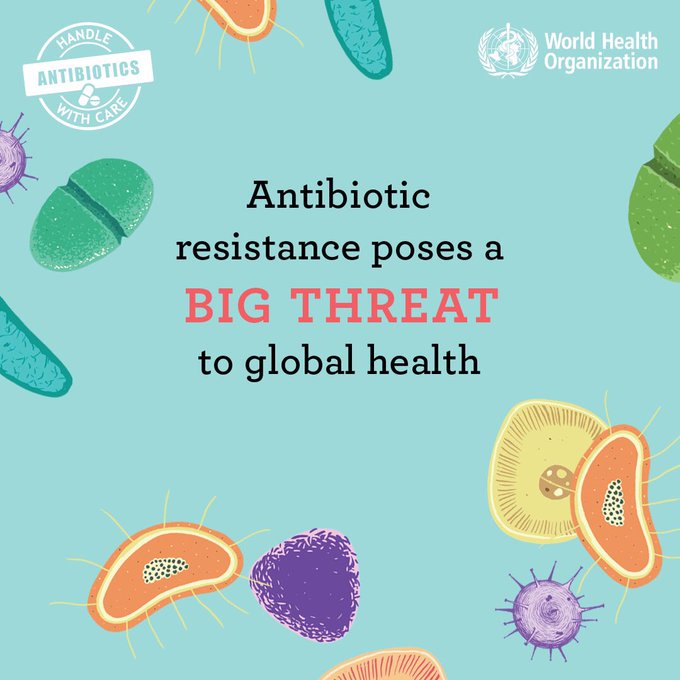The antibiotic consumption in India has doubled from the year 2000 to 2015 and is increasing more on a daily basis. The increasing trend of the overuse of both broad- spectrum and new generation antibiotics is the lead cause. The gap does not lie in the lack of laws and policies, but in the implementation of the same. Basically, the manufacturing, sales, stocks, or distribution of medicines are regulated under the Drugs and Cosmetics Act (DCA), 1940, and the Drugs and Cosmetics Rules (DCR), 1945. If one looks carefully, as per the DCA and DCR, all antibiotics are categorized under Schedule H category and thus, need prescription. Infact, second- and third generation antibiotics are listed in Schedule H1. The sale of antibiotics falling in this category needs to be maintained in a separate register. However, apart from these, the practice of over-the-counter sale of drugs is common. Thus, the present study was conducted to understand the insights from experienced wholesalers in the pharmaceutical trade on the distribution and misuse of antibiotics in the community, as well as their understanding of antimicrobial resistance (AMR).
For this, 4 respondents were selected from which one was a qualified pharmacist, and the other three had no formal training in pharmacy. All four distributors dealt with only human medicines. The study was conducted in the National Capital Region (NCR) of Delhi, India. In-depth interviews were conducted in online mode with 4 wholesalers who have been in the business of pharmaceuticals for more than 20 years. After the extensive analysis, the authors came out with very interesting facts. One of the interviewees highlighted that ‘There are frequent violations of this rule, with most retailers not maintaining registers of H1 drug prescriptions. He also mentioned that “Half of the chemists (retail pharmacy shops) are not aware about AMR and even if they know, they have to do business, so they give antibiotics without prescription.” Another interviewee stated that ‘There is a tendency to rely on earlier prescriptions or those of other patients among family and friends, and to self-medicate in case of a similar ailment’. Further the real problem of self-medication was also the point of concern raised.
In the end, the authors point towards some possible solutions aimed at wholesalers. It includes the rule to have a minimum education qualification for licensing and mandatory Good Distribution Practices certification programs. Further, decoupling incentives by pharmaceutical companies from sales targets can bring a big change in improving ethical sales practices for Medical Representatives.
To learn more, please visit the website of Antibiotics (Link)







